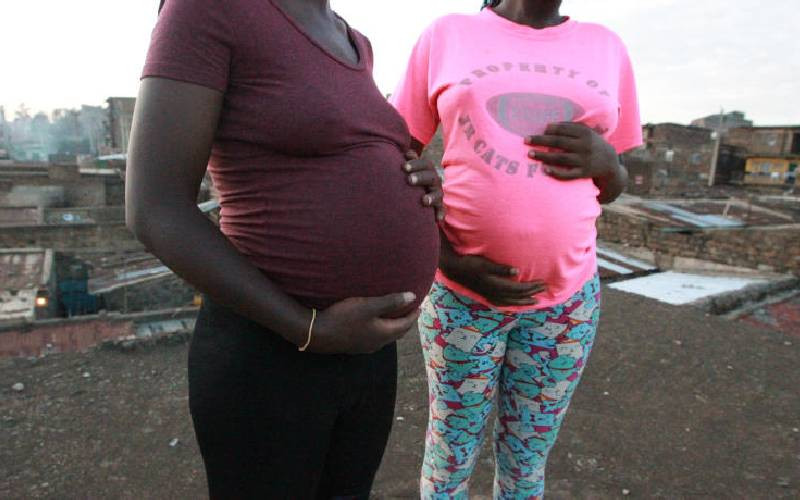
The risk of new HIV infections among teenagers is likely to go up as teenage pregnancies rise. A report by the National Syndemic Diseases Control Council says at least 41 per cent of all new HIV infections in the country occur among adolescents and young people aged between 15 and 24 years. The data reveals that about 3,244 new HIV infections occurred among adolescents aged between 10 and 19 years during the period of survey.
The report further shows that about 714 girls get impregnated daily across the country. Such indiscretions expose them to higher risks of HIV infections.